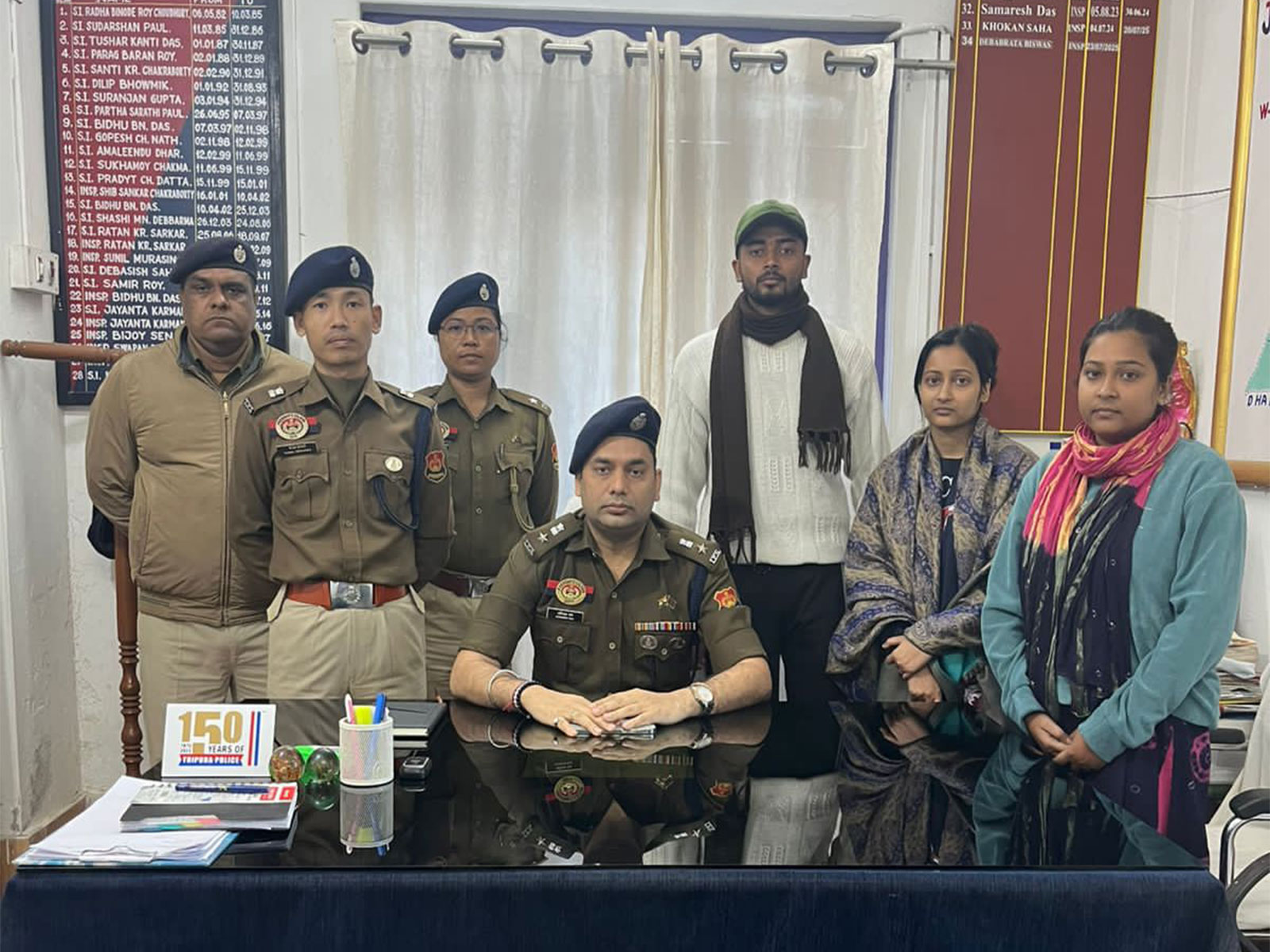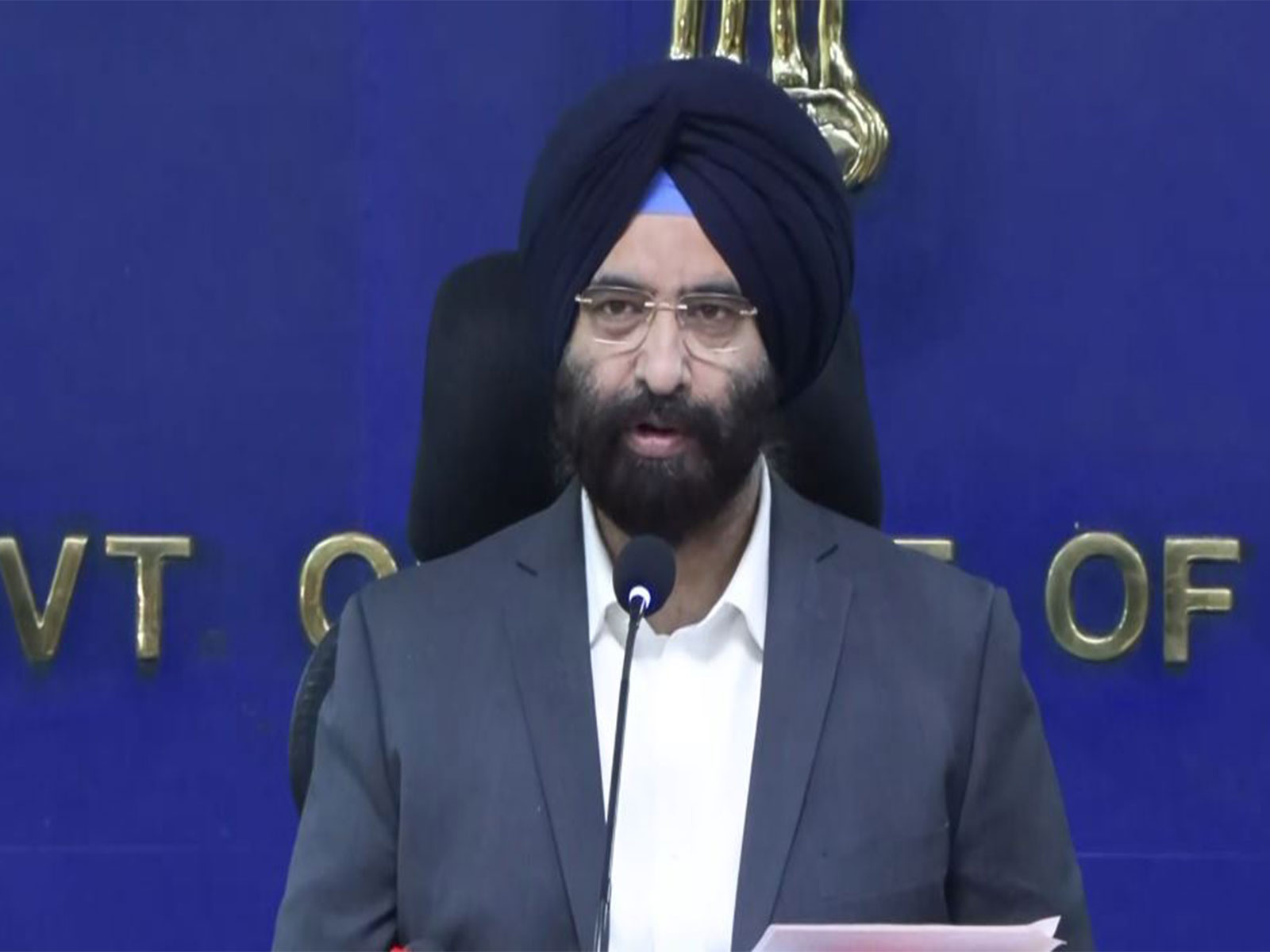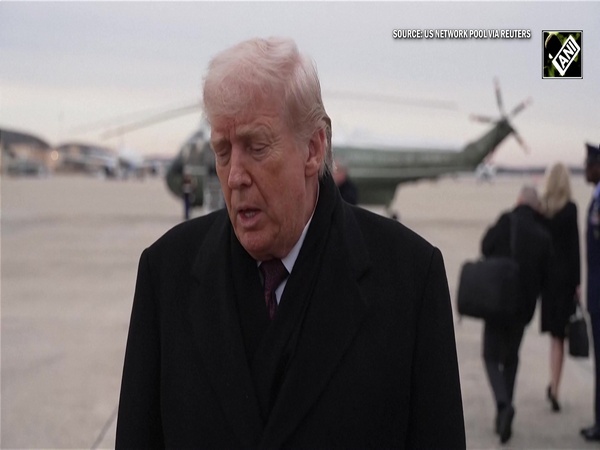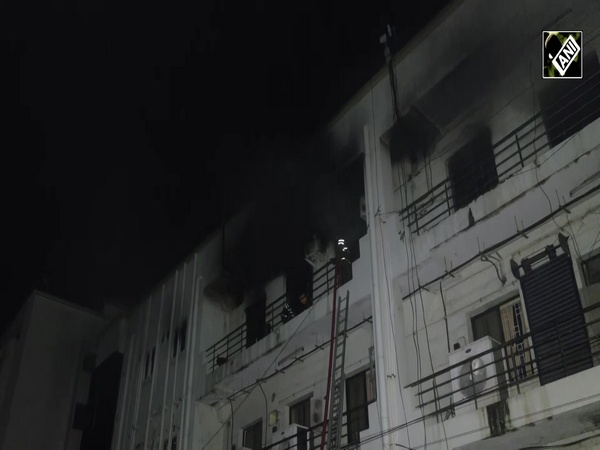KSRTC employees' strike enters fourth day in Karnataka
Apr 10, 2021

Bengaluru (Karnataka) [India], April 10 : Commuters are faced with fluctuating travel fares in private buses of Karnataka on Thursday as the indefinite strike of Karnataka State Road Transport Corporation (KSRTC) employees entered fourth day. The strike is mainly over demand for revision of salaries.
Bangalore Metropolitan Transport Corporation (BMTC) employees are also in support of the strike. Private players are operating buses both in Bengaluru city and also to outstations.
A commuter told ANI, "I came from Shivamogga and reached Bangalore today morning, I faced problems with the bus rates in the private buses. It has fluctuating rates, some have Rs 700, some of the buses have Rs 500, finally, I ended up travelling in the bus with Rs 500 ticket fare."
A private bus operator said, "We are operating the bus within the city limits, Per day we might get a collection of Rs 10,000, but a major share of it, Rs 8000 goes to diesel."
On the other hand, few of the Bangalore Metropolitan Transport Corporation (BMTC) workers continued with their work.
A bus conductor (BMTC) said, "Government have to look into the matter very seriously. Today also we are doing our part of duty. We have been given security with 2 policemen and we do 10 trips as per schedule."
Karnataka Chief Minister BS Yediyurappa on Friday appealed to the KSRTC and BMTC employees to end the strike and get back to work.
KSRTC employees have given a call for a strike with the following demands: salary hike, permanent job, wages and shifts. The employees are working as contract workers in the department. The KSRTC had issued temporary permits to private buses for the convenience of passengers.
South Western Railway (SWR) informed that it will run additional trains from April 8 to 14 in view of the KSRTC strike.
Earlier in the day, the Karnataka Transport Department has said that they can take action against KSRTC and BMTC employees and two other organisations who are supporting a strike by using Essential Services Management Act (ESMA) power.




















